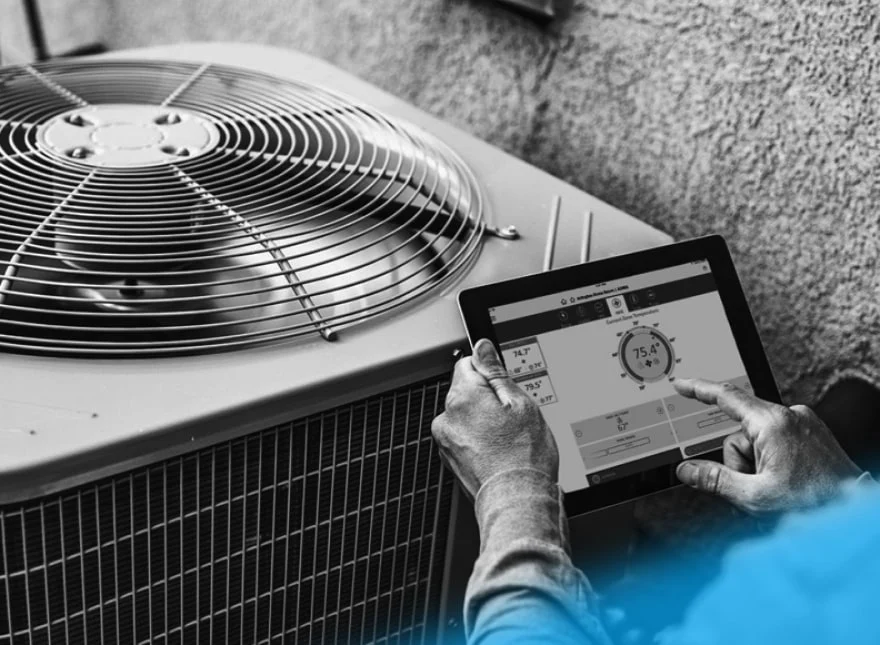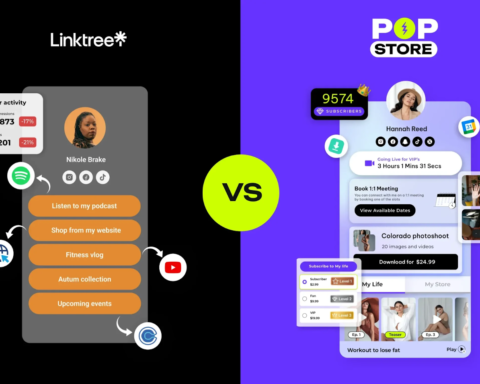As climate change continues to be a pressing global issue, the importance of energy efficiency in all aspects of life becomes increasingly evident. One area where significant strides have been made in recent years is heating, ventilation, and air conditioning (HVAC) systems. These systems play a vital role in maintaining comfortable indoor environments, but they can also consume a substantial amount of energy if not properly optimized. Fortunately, advancements in technology have led to the development of highly efficient HVAC options that not only reduce energy consumption but also contribute to cost savings and environmental sustainability. In this article, we’ll delve into the latest energy-efficient HVAC options available and discuss how you can explore these options with nearby contractors to enhance the comfort and efficiency of your home or business.
Understanding Energy-Efficient HVAC Systems
Before exploring specific HVAC options, it’s essential to understand what makes a system energy-efficient. Energy-efficient HVAC systems are designed to minimize energy consumption while providing optimal heating, cooling, and ventilation. These systems achieve efficiency through various means, including:
High-efficiency components: Energy-efficient HVAC systems incorporate advanced components such as compressors, motors, and heat exchangers that are designed to maximize performance while minimizing energy waste.
Smart controls and automation: Modern HVAC systems often feature smart thermostats and control systems that adjust temperature settings based on occupancy, weather conditions, and other factors, optimizing energy usage.
Improved insulation and sealing: Proper insulation and sealing of ductwork and building envelopes prevent energy loss, ensuring that conditioned air remains inside the space, and reducing the workload on HVAC systems.
Variable speed technology: HVAC systems equipped with variable speed compressors and fans can adjust their output to match the heating or cooling demands of the space more accurately, resulting in significant energy savings.
Energy recovery ventilation: Some energy-efficient HVAC systems incorporate energy recovery ventilation (ERV) technology, which recovers heat or coolness from exhaust air and uses it to precondition incoming fresh air, reducing the need for additional heating or cooling.
Exploring Options with Nearby Contractors
Once you’ve identified the energy-efficient HVAC options that best suit your needs, it’s time to explore these options with nearby contractors. Here’s how you can approach the process:
Research Local Contractors: Start by researching HVAC contractors in your area who specialize in energy-efficient systems. Look for contractors with experience installing the type of system you’re interested in and check their credentials, customer reviews, and certifications.
Request Consultations: Reach out to a few select contractors and request consultations to discuss your HVAC needs and preferences. During these consultations, ask about the contractor’s experience with energy-efficient systems, their approach to system design and installation, and any recommendations they may have based on your specific requirements.
Obtain Multiple Quotes: It’s essential to obtain multiple quotes from different contractors to compare pricing, services, and warranties. Be sure to ask for detailed breakdowns of costs, including equipment, installation, and any additional services or upgrades.
Ask About Financing and Incentives: Inquire about financing options and available incentives for energy-efficient HVAC installations, such as rebates, tax credits, or financing programs. Many utility companies and government agencies offer incentives to encourage the adoption of energy-efficient technologies.
Evaluate Proposals Carefully: Review the proposals from each contractor carefully, considering factors such as equipment quality, installation timeline, warranties, and ongoing maintenance services. Choose the contractor that offers the best value for your investment and demonstrates a commitment to quality and customer satisfaction.
Exploring Energy-Efficient HVAC Options
Now that we’ve covered the basics of energy-efficient HVAC systems let’s explore some of the latest options available:
High-Efficiency Heat Pumps: Heat pumps are versatile HVAC systems that can provide both heating and cooling by transferring heat between the indoors and outdoors. High-efficiency heat pumps, such as variable refrigerant flow (VRF) systems and ductless mini-split systems, offer superior energy performance compared to traditional HVAC systems.
Geothermal Heat Pumps: Geothermal heat pumps harness the constant temperature of the earth to provide highly efficient heating and cooling. By circulating a fluid through underground loops, geothermal systems can extract heat in the winter and reject heat in the summer, using significantly less energy than conventional systems.
Energy-Efficient Air Conditioning Systems: Advances in air conditioning technology have led to the development of energy-efficient systems with high Seasonal Energy Efficiency Ratio (SEER) ratings. These systems use advanced compressors, refrigerants, and fan designs to deliver cooling with minimal energy consumption.
Smart Thermostats and Controls: Smart thermostats and control systems allow users to monitor and adjust their HVAC settings remotely via smartphone apps or web interfaces. These systems can learn user preferences, optimize energy usage, and provide valuable insights into energy consumption patterns.
Energy Recovery Ventilation (ERV) Systems: ERV systems exchange heat and moisture between incoming and outgoing air streams, improving indoor air quality while reducing the energy required for heating and cooling. ERV systems are particularly beneficial in tightly sealed buildings where fresh air exchange is limited.
Conclusion
Investing in energy-efficient HVAC systems not only reduces energy consumption and utility costs but also enhances comfort, indoor air quality, and environmental sustainability. By exploring the latest energy-efficient options with nearby contractors, you can find the right HVAC solution for your home or business that meets your needs, budget, and performance expectations. Whether you opt for high-efficiency heat pumps, geothermal systems, smart controls, or energy recovery ventilation, working with experienced contractors ensures a seamless installation process and long-term satisfaction with your HVAC investment.








